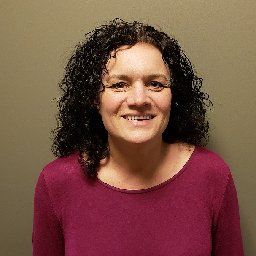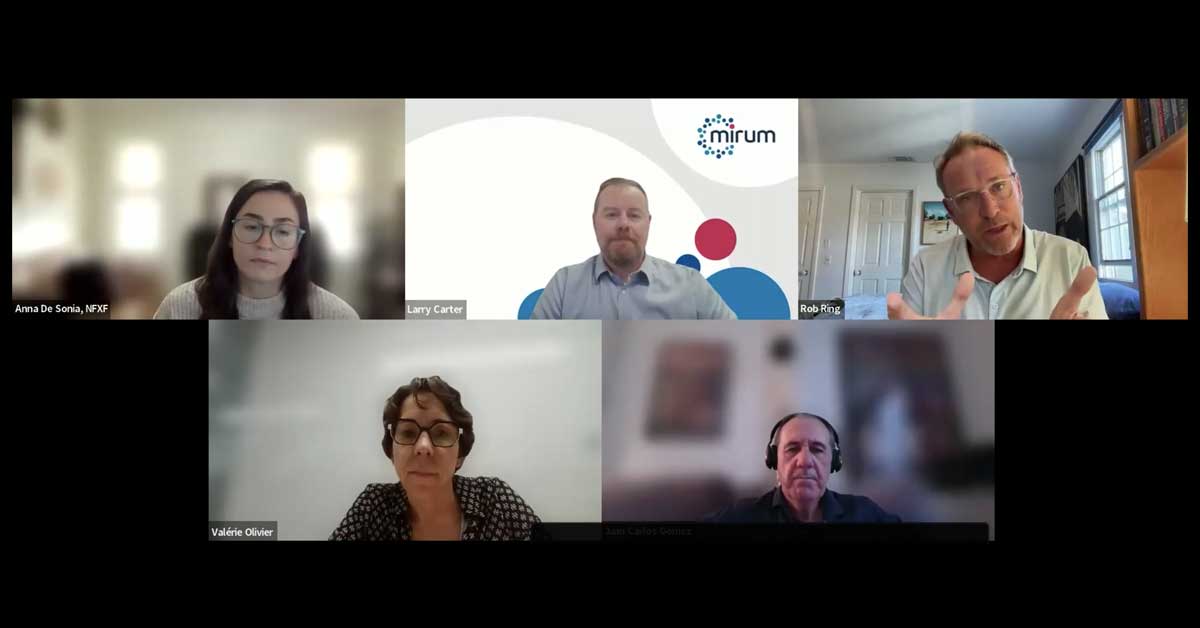1. Intro to FORWARD and FORWARD-MARCH
With Amie Milunovich
New results from the CDC-funded study, FORWARD, a natural history cohort of patients with Fragile X syndrome. Fragile X experts present the latest data on important topics such as aging in adults with FXS, medical problems in FXS, sensory problems in FXS, and behavioral subtypes in children with FXS.
Recording: 0:00-5:02
2. Adult Life in Fragile X Syndrome
With Elizabeth Berry-Kravis
This presentation characterizes transition services, employment and program participation, living arrangements, and engagement in social activities in adults with Fragile X syndrome enrolled in the FORWARD natural history database.
Recording: 5:09-15:32
3. Medical Problems in Fragile X Syndrome: Results from the FORWARD Project
With Nicole Tartaglia
This presentation describes what we’ve learned about medical problems in full mutation Fragile X syndrome using the results of the FORWARD project, including ear infections, seizures, GI problems, sleep apnea, musculoskeletal problems, and more. Data from males and females across different age groups are presented. We then use the results to provide a summary of current recommendations for medical screenings and treatments for medical care in Fragile X syndrome.
Recording: 15:38-33:09
4. Sensory Problems in Fragile X Syndrome
With Walter Kaufmann
Sensory symptoms, including increased reactivity to stimulation (hyperarousal), are common in children and adults with Fragile X syndrome. Despite their common occurrence, there is limited literature on the subject. For this reason, we decided to conduct the first comprehensive analysis of characteristics of sensory symptoms in children with FXS and their impact on families. For this purpose, we analyzed data from 933 children (720 boys, 213 girls) enrolled in the FORWARD project that included caregiver- and clinician-completed ad hoc and standardized questionnaires.
We found that more males than females were affected by sensory symptoms and hyperarousal (87% vs. 68% and 92% vs. 79%, respectively). The most common sensory symptom was difficulties with eye gaze, which increased with age in boys and girls. A strong sensory response was associated with more severe behavioral problems. As children with FXS age, their sensory symptoms are treated more with medications and less with occupational therapy or physical therapy. Sensory symptoms and hyperarousal were impactful since their severity predicted more severe disruptive behavior and less participation in everyday activities. We conclude that sensory symptoms are common and impactful problems in FXS, which deserve more research to improve their outcome.
Recording: 33:17-42:38
5. Behavioral Subtypes in Children With Fragile X Syndrome
With Walter Kaufmann
Children and adults with Fragile X syndrome are variably affected by the genetic disorder. This represents a challenge in determining the best treatment and prognosis for everyone with FXS. Although groups at each extreme of severity have been long recognized, until now there has not been a way to classify everyone with FXS. Therefore, we analyzed data on approximately 1,500 children from the FORWARD project using advanced statistical methods (latent class analysis) to identify different behavioral groups (subtypes). In these analyses, we incorporated multiple sources of behavioral data including all questionnaires completed by caregivers at FORWARD visits (SCQ, SRS-2, ABC). We found that the best classification includes five subtypes, one mild (31%), one severe (9%), and three moderate (32%, 7%, 20%) in severity. The latter groups differ in difficulties in social interaction and problem behavior. We conclude that the reported subtypes will be an asset for clinical research, including drug trials, and will also improve management in the clinic by providing a more personalized approach.
Recording: 42:49-53:50








